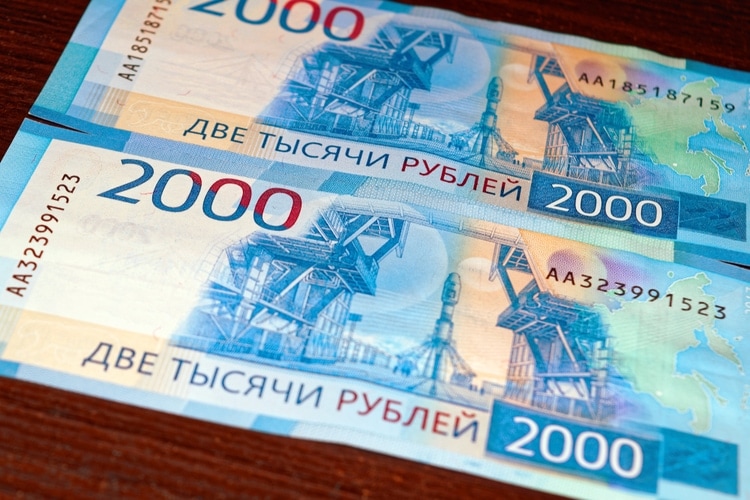Sunday marked Russia’s closest pathway to default, as investors holding its international bonds saw no proof that they had been paid. This would be Russia’s first default in decades.
The invasion of Ukraine on Feb. 24 triggered broad sanctions that virtually shut Russia out of the global financial system and left its assets unreachable to many investors. Russia has struggled to keep up payments on $40 billion of outstanding bonds.
There are no grounds for Russia to fail, but the Kremlin has frequently insisted that sanctions are preventing it from sending money to bondholders, accusing the West of trying to artificially default it.
As of late May, the U.S. Treasury Department’s Office of Foreign Assets Control (OFAC) essentially prohibited Moscow from making payments on its foreign debts. This was the country’s first big default on international bonds since the 1917 Bolshevik revolution more than a century ago.
Dennis Hranitzky, the head of sovereign litigation at the law firm Quinn Emanuel, told Reuters that since March, “we knew that a Russian default is likely, and the question was simply when. OFAC has given us a response, and the default is now upon us.”
Even though Russia currently cannot borrow internationally and does not need to because of its abundant oil and gas revenues, the stigma attached to a formal default would likely hike its borrowing rates in the future.
Interest on two bonds, one in US dollars and the other in euros, totalling $100 million, was due by Russia on May 27. Sunday marks the end of the 30-day grace period for the payments.
Russia’s finance ministry said that it had paid euro and dollar payments to its onshore National Settlement Depository (NSD) and that it had done so under its duties.
According to a UniCredit official, the company’s exposure to Russia is “minimal.”
Even so, it’s doubtful that contributions will reach many overseas recipients.
When bondholders do not get their payments on time, it’s deemed a default.
Lawyers believe Russia may have until the end of the following business day to pay the bonds, despite the lack of a specific timeframe in the prospectus.
The bonds’ legal condition appears to be complicated
A wide range of clauses and a rising amount of ambiguity have been attached to Russia’s bonds, which have been issued when Moscow was already under sanctions for its invasion of Crimea in 2014 and a poisoning incident in 2018.
Queen Mary University in London banking and finance law chair Rodrigo Olivares-Caminal called for clarification on what makes up a discharge for Russia or the distinction between receiving and refunding money from the Russian government.
Even if the Russian government waives its sovereign immunity and submits itself to the jurisdiction of a court, “all these concerns are up for interpretation by a judge,” Olivares-Caminal said.
Russia has already defaulted in certain respects
“Credit events” on certain of Russia’s bonds triggered the payment of Russia’s credit default swaps, which are instruments used by investors to protect themselves from the risk of debt default. The failure of Russia to make an accumulated interest payment of $1.9 million on a payment due in early April was the catalyst for this.
A sovereign default was unimaginable before the Ukraine incursion, as Russia had been rated investment-grade until that moment. Moscow’s ability to repay its debts would also make a default quite rare.
The OFAC gave a general licence 9A at the beginning of March, permitting Moscow to continue paying investors. When Washington ratcheted up sanctions against Russia, virtually severing all payments to US investors and companies, it expired on May 25.
Not only does Russia have to deal with an expired OFAC licence, but in early June the EU placed sanctions on Russia’s nominated Eurobond agency NSD. read on to find out more
Moscow has been scrambling in recent days to find a solution to avert a default on impending debt obligations.
When Russia’s debt commitments are satisfied by paying bondholders in Russian rubles, President Putin signed a decree last Wednesday that established interim procedures and gave the government 10 days to select institutions to make payments under the new plan.
As for Russia’s claim that it is adhering to its contractual responsibilities, that is only half of the picture, according to Zia Ullah, a partner and head of corporate crime and investigations at law firm Eversheds Sutherland.
For investors who are not pleased, such as those who know the money is held in an escrow account, the explanation would be that “until you fulfil your commitment, you have not met the bond’s terms. This is basically what Russia is arguing.


